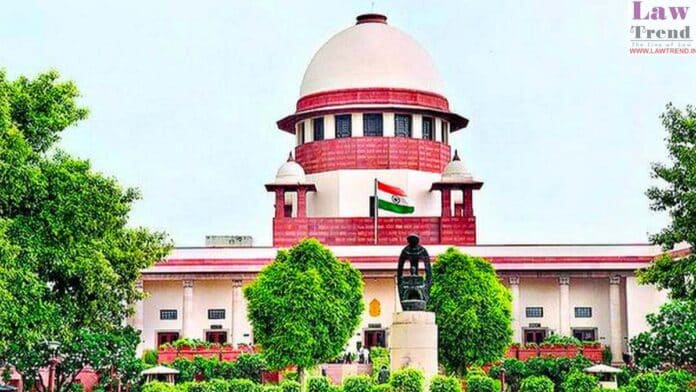In a significant ruling that underscores the primacy of merit and experience in public recruitment, the Supreme Court of India emphasized that selection processes should prioritize suitability and experience over procedural technicalities. The bench comprising Justice Dipankar Datta and Justice R. Mahadevan upheld the eligibility of an outsourced employee, Monika, to receive marks for her




